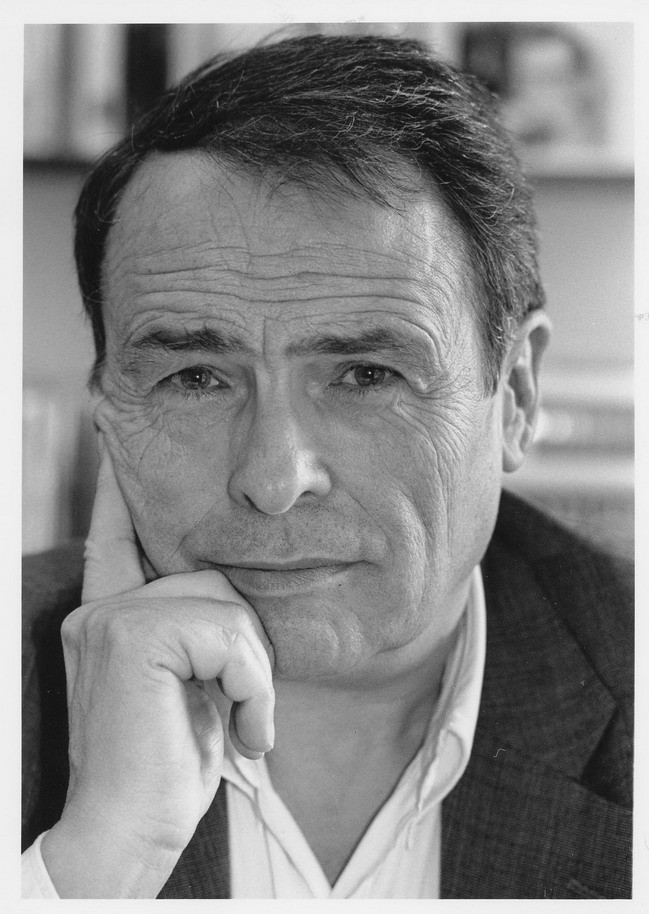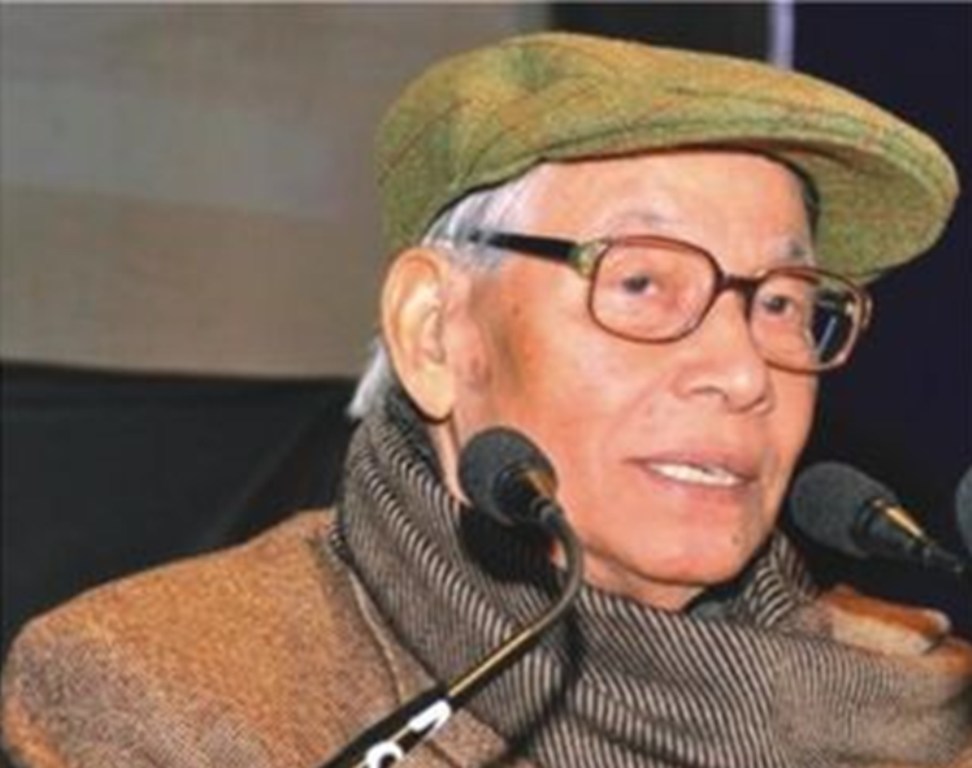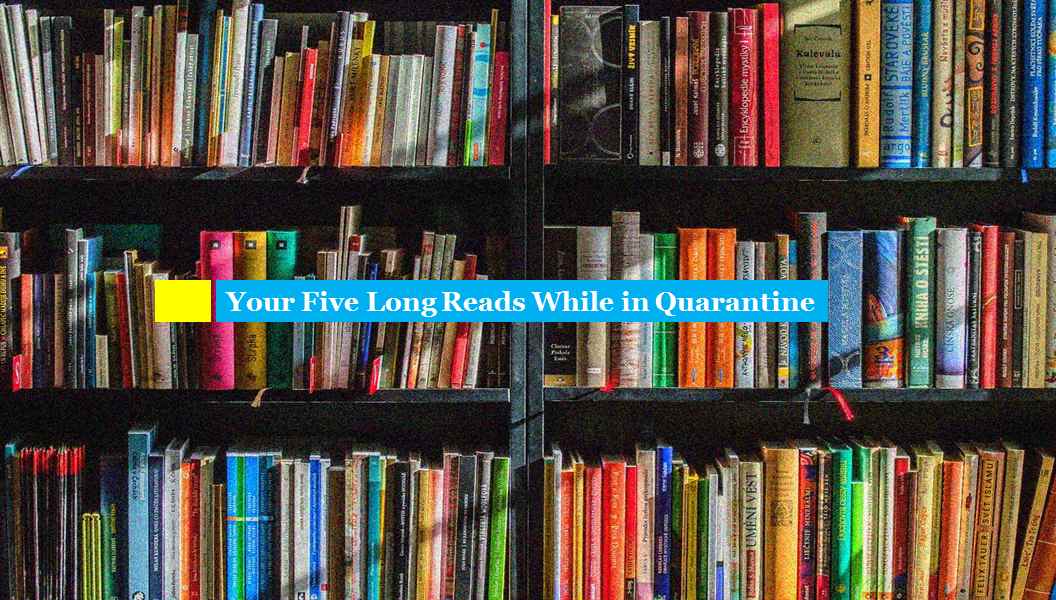REVEALING INSIGHT
Pierre Bourdieu (1st August 1930- 23rd January, 2002) was a French Social Scientist. Bourdieu’s primary area of interest was the dynamics of power in society and how this operated in subtle ways and impacted the way people behaved, interacted and related to one another. He was the one who introduced important concepts like cultural, social and symbolic forms of capital( as opposed to economic capital), the cultural reproduction, habits, symbolic violence, the field and many other important terms.
On the occasion of his birth anniversary we pay tribute to the man and his significant contributions to the field of Social Sciences.

At times, some of our leading intellectuals write in a language that remains incomprehensible; and Pierre Bourdieu, as many of us have realized, is one of them. In this brief note we have tried our best to present his ideas on education in a way that makes sense to our readers.
One reason why the researchers engaged in the field of education refer to Pierre Bourdieu is the critical insight with which he saw the process of social hierarchies getting transformed into academic hierarchies. This celebrity French sociologist was well versed with the culture of French academia, and retained his penetrating interest in ‘distinction’—the way, say, the intellectual class retains its distinctiveness in terms of its specific choices, tastes and symbols (like visiting art galleries, appreciating the likes of Mozart and Beethoven, or talking about great literary and philosophic texts in a language that is highly esoteric).
In fact, Bourdieu saw beyond ‘economic capital’, and spoke of ‘cultural capital’ and ‘social capital ’and their relative autonomies. Take, for instance, the importance he attached to the acquisition of some kind of cultural capital for doing well in education.—say, the ability to master a language that can verbalize human experiences through abstract symbols and metaphors. In his famous essay ‘The Forms of Capital’ he identified the three states of cultural capital. In its ‘embodied’ state it exists as an inner disposition because it is a sustained work on itself; it cannot be transmitted by gift, purchase or exchange. Well, it also exists in its ‘objectified’ state through writings, paintings, museums and instruments. Although it is transmissible in its materiality, its spirit cannot be transmitted. For instance, you can give me your painting; but you cannot give me the taste of your painting. And in its ‘institutionalized’ state it exists as academic qualifications which can somehow neutralize the effect of ‘embodied’ capital.
As a matter of fact, the accumulation of cultural capital starts at the outset only for the offspring of families with a strong cultural uplift. Bourdieu would argue that the educational institutions are not neutral; in these institutions what is celebrated is the cultural capital of the select social classes. No wonder, as Bourdieu revealed, in the domain of higher education in France, the upper classes and Parisians dominate (Is it because university French is closer to bourgeois parlance?). Even in our context it is possible to derive some insights from Bourdieu, and understand why, for instance, the children from the marginalized groups ( in the absence of specific cultural/linguistic capital like fluency in English or urban etiquette and mannerism) tend to fail and experience some sort of ‘symbolic violence’ because schools seldom give importance to their cultural skills—say, efficiency in manual/productive labour, local languages and folk traditions. The irony is that, as Bourdieu suggested, this story of ‘reproduction’ of social inequality is concealed ‘beneath the cloak of a perfectly democratic method of selection’.
This article is published in The New Leam, NOVEMBER-DECEMBER Issue( Vol.2 No.16-17) and available in print version. Due to its contemporary relevance we are yet again sharing this piece that appeared in The New Leam.
The New Leam has no external source of funding. For retaining its uniqueness, its high quality, its distinctive philosophy we wish to reduce the degree of dependence on corporate funding. We believe that if individuals like you come forward and SUPPORT THIS ENDEAVOR can make the magazine self-reliant in a very innovative way.













